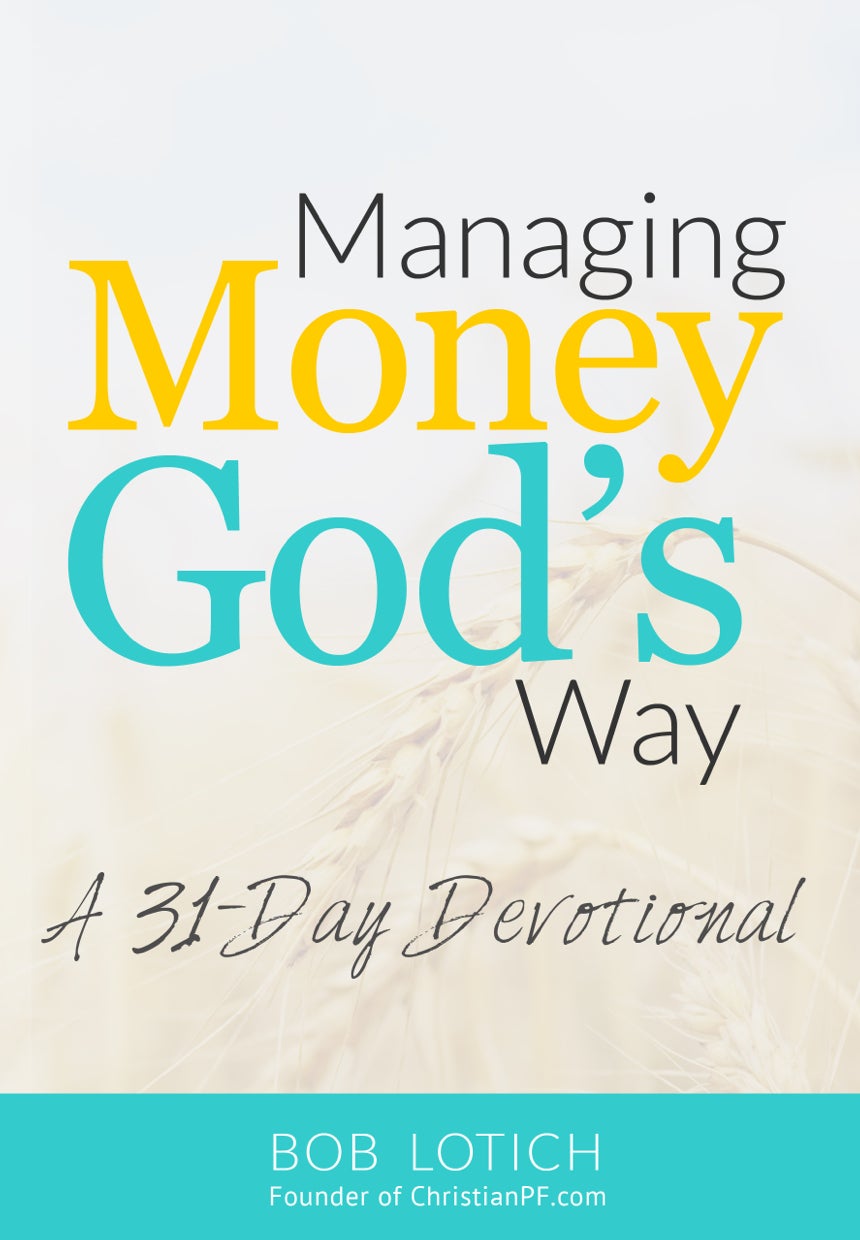Why Should You Pay Yourself Second

Paying yourself first (saving and investing each month before living on what is left over) is a popular but seldom practiced concept. I love the principle, but, for followers of Christ, I would modify it by stating that we should pay ourselves second after we give to God.
The three money management priorities for believers, therefore, are:
- Give to God.
- Pay yourself (save and invest).
- Live on what you have left.
Simple enough, right? But simple doesn’t equate to easy, and, unfortunately, many have it upside down: living life first, then giving and saving if they have anything left over.
Because I have already written extensively about giving and tithing previously, today I will focus on the second priority – paying yourself: specifically, building an emergency fund and investing for retirement.
Paying Yourself an Emergency Fund
How do you cope when your air conditioner goes out or your car’s transmission goes bad? Even more importantly, how would your family survive if you or your spouse lost your job? Because (according to the Wall Street Journal) seventy percent of you are living paycheck to paycheck, there is a good chance you aren’t prepared.
You need at least three months of monthly expenses set aside for emergencies, but most financial advisers recommend six or even twelve months. Anything less is a life of constant stress.
Paying Yourself a Retirement Fund
Many financial advisors recommend, as a rule of thumb, you should have a nest egg of at least 20 times your current annual salary when you retire. Yes, you read that correctly . . . your retirement fund will need to pay your living expenses for all of your retirement years (20 to 30 for most people) while keeping up with inflation.
I am amazed at how many people in their thirties, forties and even older have made no plans for retirement. It is never easy to start saving, but the truth is (in case you haven’t noticed) we all WILL grow old unless we die first. We have no other options.
God is our provider and will take care of us as He has promised, but I think we would be wise to do our part and prepare for the future. Don’t you?
How to Make it Happen
“Where,” you ask, “is this money supposed to come from?”
Great question with a simple (but not easy) answer: quit giving your money to others (i.e. get out of debt). How much are your car payments, student loan payments, credit card payments and other ongoing debt payments?
If you are ever going to start paying yourself, you need to attack that debt first. Consider setting a time goal, such as two years or less. Will it be easy? Probably not. You may need to work another job, fore-go vacations, quit eating out and reduce your entertainment expenses, but you cannot break old habits by fine-tuning them.
You need to get radical, and doing so will pay huge dividends. If, for example, you have been paying others $800 every month, paying yourself that amount will give you a $20,000 emergency fund in two years; investing that $800 every month could give you a million dollars toward retirement in another 28 years.
Helpful Hint
Arrange your budget format to match your priorities, (Giving, then Saving, then other budget items) as in the following top few rows of the budget form I use. By prioritizing your giving and saving, you will learn how much money you have left to live on. If there simply isn’t enough, don’t despair. It may take some time, but plan on incrementally bumping that giving and saving until you get where you want to be.
From personal experience and from talking to thousands of readers over the years, I can attest that when we bring our financial challenges to the Lord and do our part in the process, God shows up and miracles happen. He is really good at making a way where there seems to be no way. Trust Him and start taking the steps above today.
Article originally published on SeedTime.com and is being used with permission. Copyright 2018.






